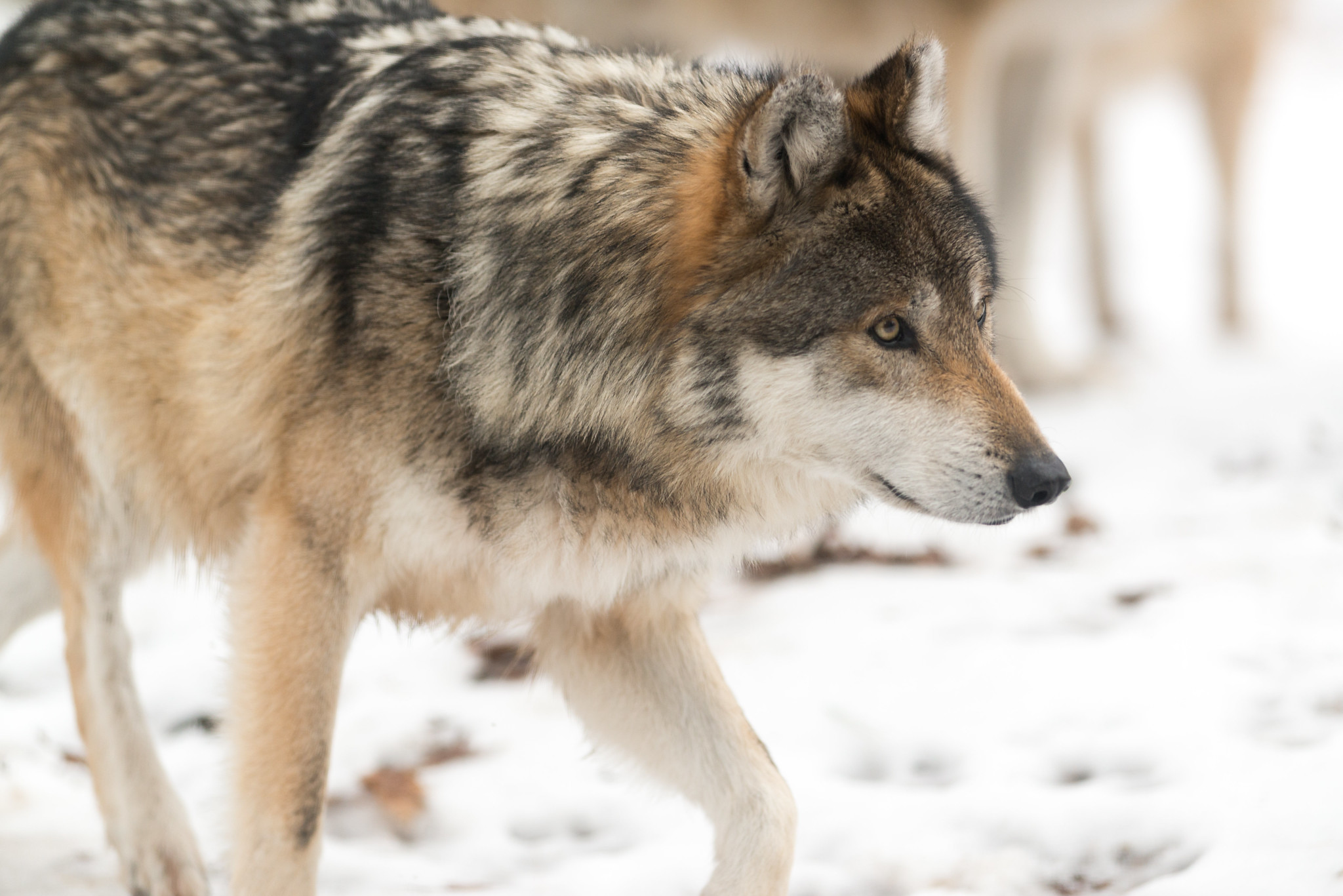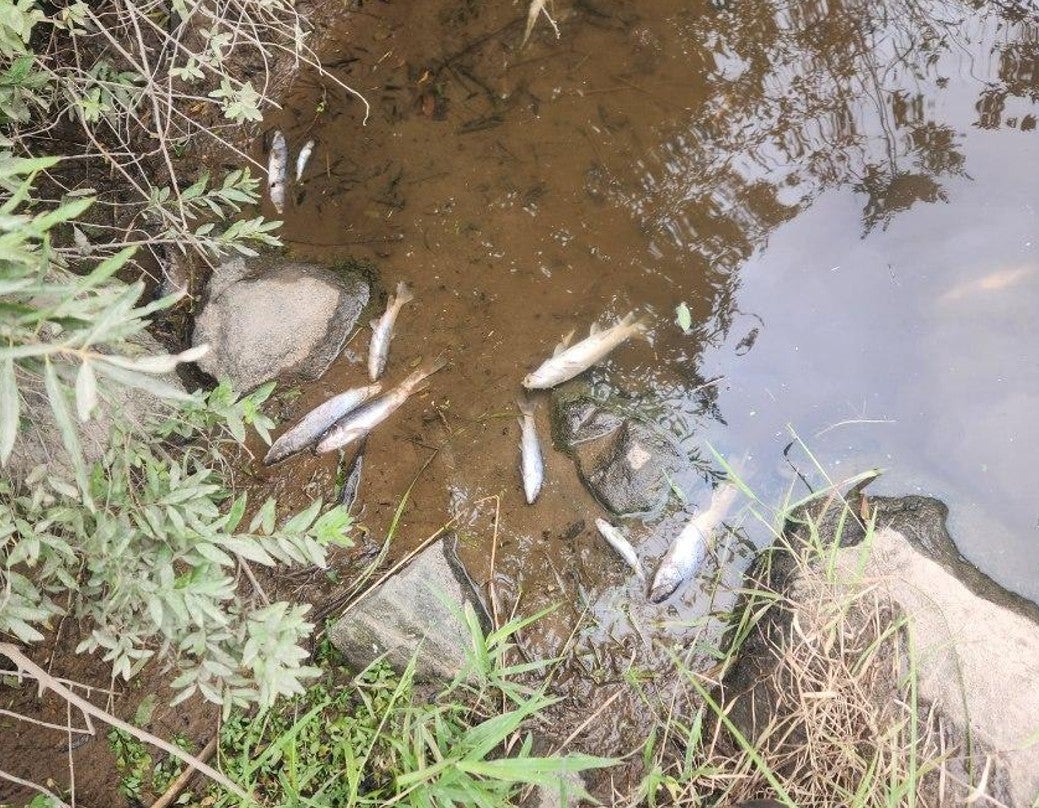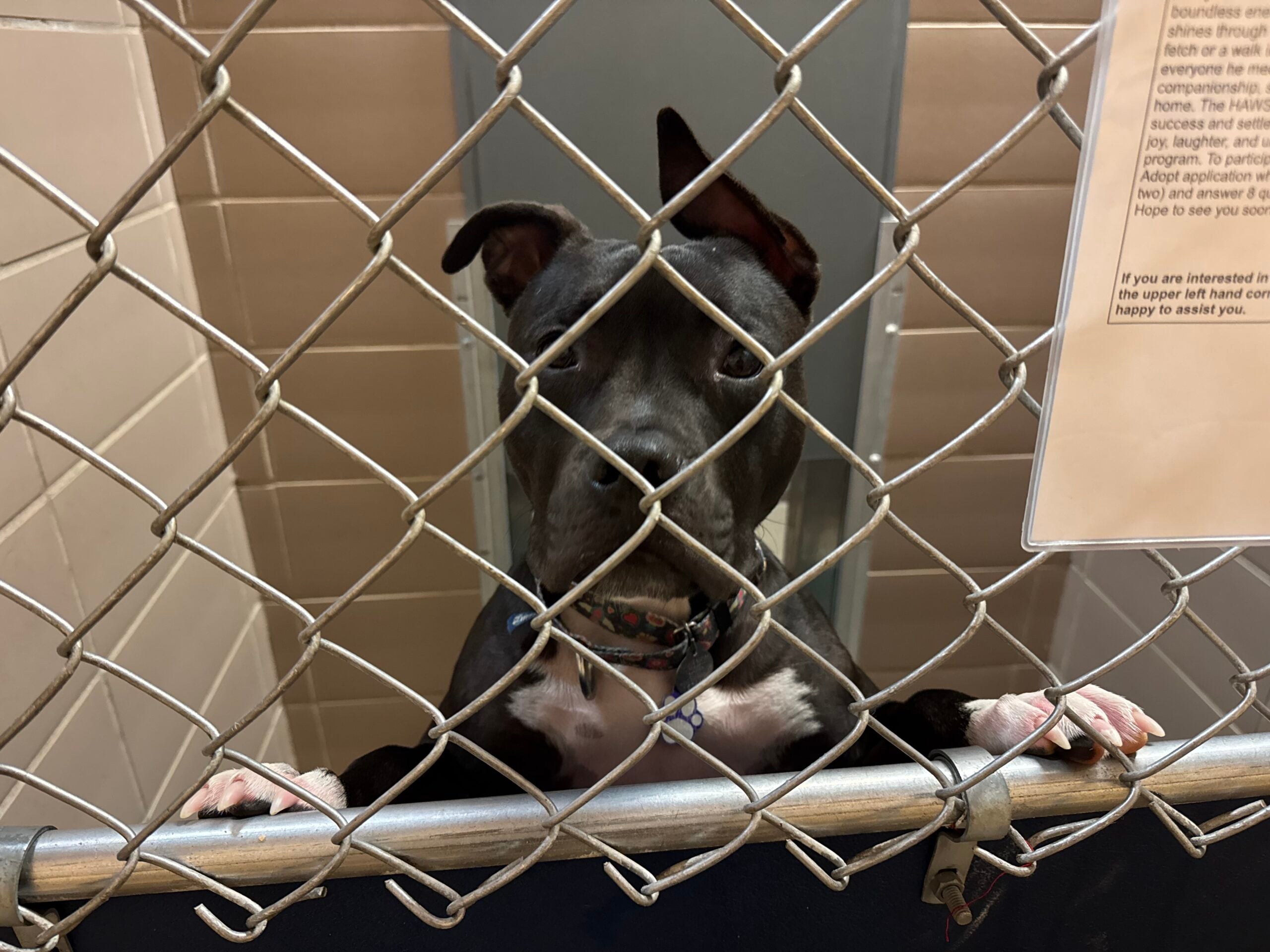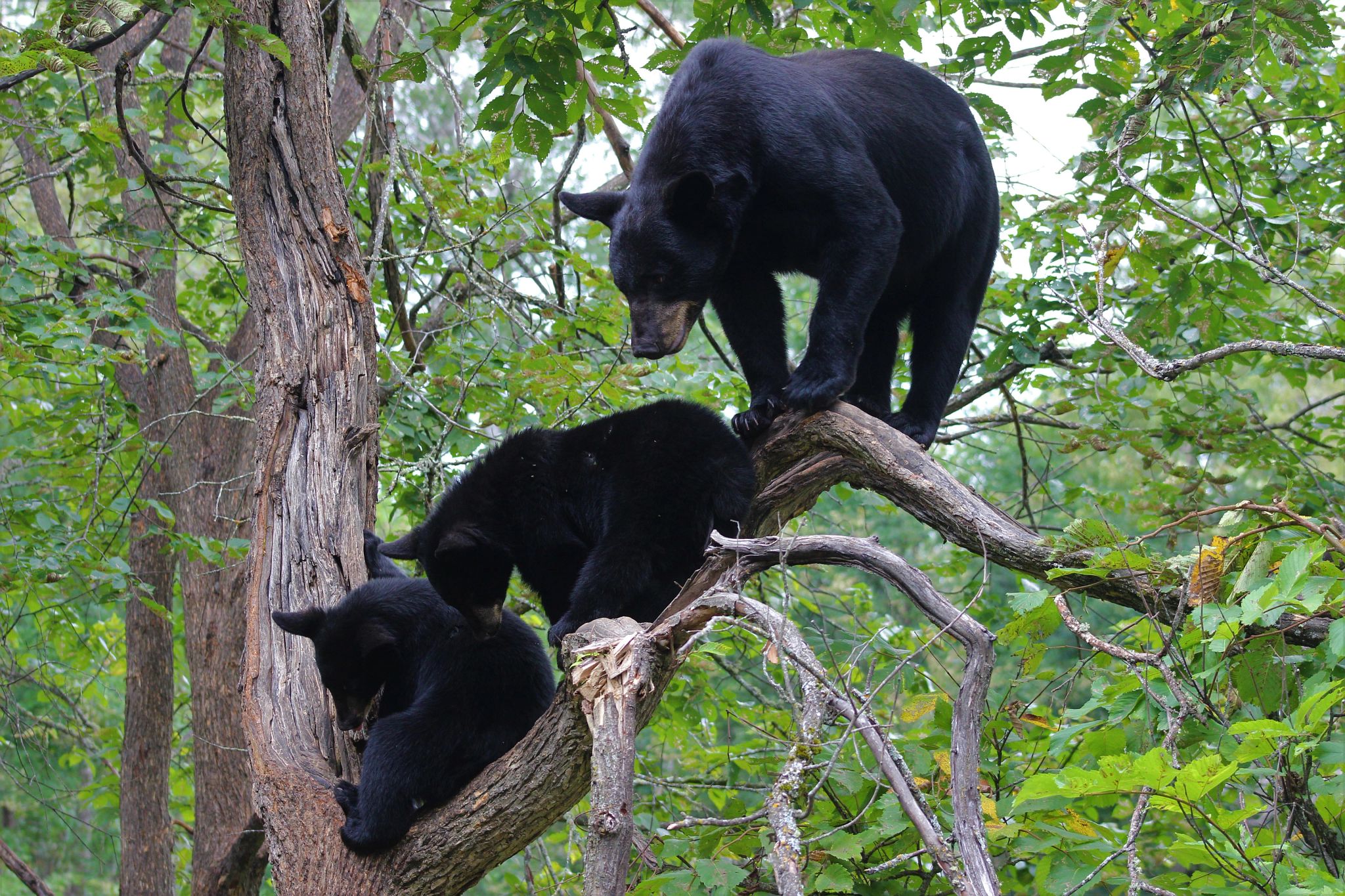The Wisconsin Department of Natural Resources and U.S. Fish and Wildlife Service are seeking the public’s help to investigate the poisoning deaths of several domestic dogs and a variety of wildlife in northern Wisconsin.
The investigation into the poisonings began in December 2018 after animals were found with no clear cause of death, said Lt. Bryan Harrenstein, warden supervisor in the northern area for the DNR. Since the investigation was announced in early 2019, two hunting beagles have been killed by poison in Forest County, according to a news release from the U.S. Fish and Wildlife Service. The dogs became very ill after ingesting the poison and died shortly after, according to investigators.
Several wild animals have also been killed in Marinette County since the investigation was announced.
News with a little more humanity
WPR’s “Wisconsin Today” newsletter keeps you connected to the state you love without feeling overwhelmed. No paywall. No agenda. No corporate filter.
In all, about half a dozen dogs and wolves, as well as several raccoons, weasels and raptors, have been killed by poison in Marinette, Florence and Forest counties, Harrenstein said. Lab tests confirmed the animals were killed by toxic substances, the DNR said in a news release.
The animals ingested the poison on land open to the public, according to the release. Harrenstein said many of the animals were found on rural trails that can be accessed by vehicles. The DNR believes the poisonings are intentional due to the substances involved and the method of delivery, he said.
Though the investigation is currently focused on three counties, it’s possible other counties could be affected, according to the DNR.
The USFWS recommends anyone walking dogs in the area keep them on a leash and away from roadways. Harrenstein said the DNR does not plan to restrict people from walking dogs in the area.
“People are going to take their dogs out. We have hunting dogs or just the family pets people are taking for walks,” he said. “It’s more of a cautionary thing, just be aware of where your dog is running.”
Investigators are offering a reward of $1,000 for any information related to the poisonings that leads to an arrest or charges. The legal consequences for the poisonings could include fines and jail time, depending on which species are ultimately affected.
In 2019, Andrew Lundin, a lieutenant conservation warden with the DNR, told Wisconsin Public Radio someone could be targeting wolves to eliminate predators in the area.
Wisconsin Public Radio, © Copyright 2025, Board of Regents of the University of Wisconsin System and Wisconsin Educational Communications Board.







